
Should You Sleep with Your Bedroom Door Open or Closed at Night? Many Are Surprised by the Truth
Should You Sleep with Your Bedroom Door Open or Closed at Night? Many Are Surprised by the Truth
When it comes to sleeping at night, should you keep your bedroom door open or closed? This question leaves many people wondering.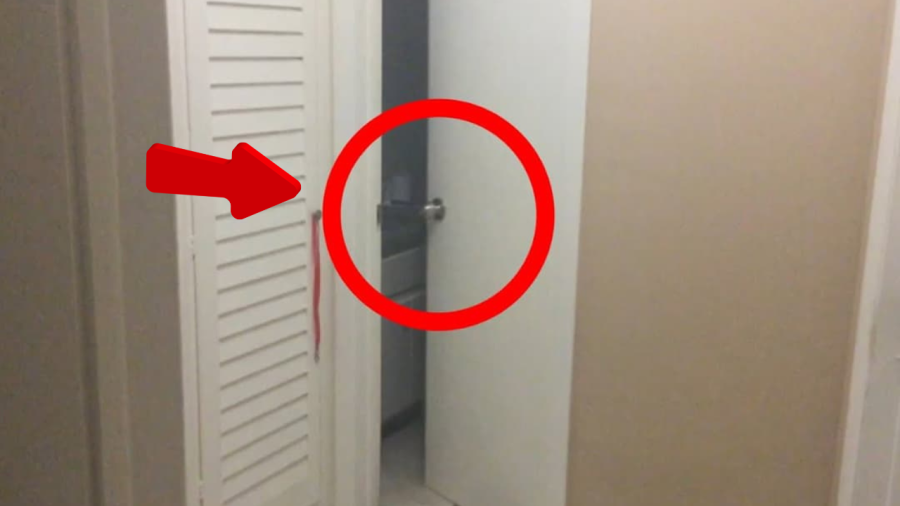
Some believe that closing the bedroom door creates a quieter environment and improves sleep quality, while others think leaving it open helps with ventilation. Let’s analyze this based on scientific evidence, not superstition!
Closing the Door to Improve Sleep Quality
-
Noise Blocking: Studies show that noise levels above 40 decibels can wake light sleepers. Closing the bedroom door can reduce outside noise from about 40 decibels to around 15–20 decibels (similar to hallway footsteps or TV sounds from the living room). For light sleepers, people with neurological sensitivity, or those with insomnia, closing the door can be highly effective.
-
Temperature Stability: The human body temperature drops by about 0.5–1°C during sleep. If the room temperature fluctuates more than 3°C, deep sleep can be disrupted. Closing the door helps minimize the loss of cool or warm air, maintaining a more stable microclimate.
-
Light Management: Melatonin secretion is suppressed by light exposure, and even dim light (such as a night light in the hallway) can delay sleep onset. Closing the door and drawing blackout curtains can simulate a "cave environment," promoting a more regular biological clock.
-
Psychological Safety: Evolutionary psychology suggests that enclosed spaces activate a sense of safety, especially for those who live alone or tend to feel anxious. Closing the door can enhance sleep quality on a psychological level.
Sleeping with the Door Open Has Its Own Health Benefits
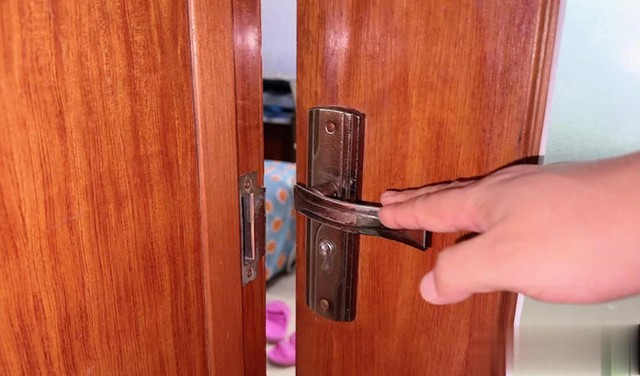
-
Air Circulation: In a sealed bedroom, carbon dioxide levels can increase by about 500ppm per hour (normal level <1000ppm). Sleeping with the door open can improve air exchange and lead to better sleep. However, people allergic to pollen or living in dusty areas should use an air purifier.
-
Temperature Regulation Advantage: In the summer, opening the door and using a fan can create a "cross breeze," cooling the bedroom and reducing heat stress. However, direct airflow to the head should be avoided to prevent colds or facial nerve inflammation.
-
Emergency Safety: Fire safety data shows that while closing the door can slow fire spread, modern security doors are highly fire-resistant and might impede emergency escape. It’s important to install smoke detectors at home, as simply leaving the door open is not enough for emergency preparedness.
So, Should You Sleep with the Door Open or Closed?
There’s no one-size-fits-all answer to whether you should close the door when sleeping at night. Instead, it depends on your personal situation and needs.
-
For those who are sensitive to noise and light, or who are light sleepers or have insomnia, it’s best to sleep with the door closed. For example, closing the door can create a quieter and more comfortable sleep environment for infants and the elderly.
-
People who prioritize air quality and prefer better airflow — such as those with respiratory conditions or a history of allergies — may benefit more from sleeping with the door open. Also, during hot weather, individuals not used to using air conditioning might prefer to leave the door open for better ventilation.
News in the same category


Blinded by the Light? 90% of Drivers Say LED Headlights Are Just Too Much
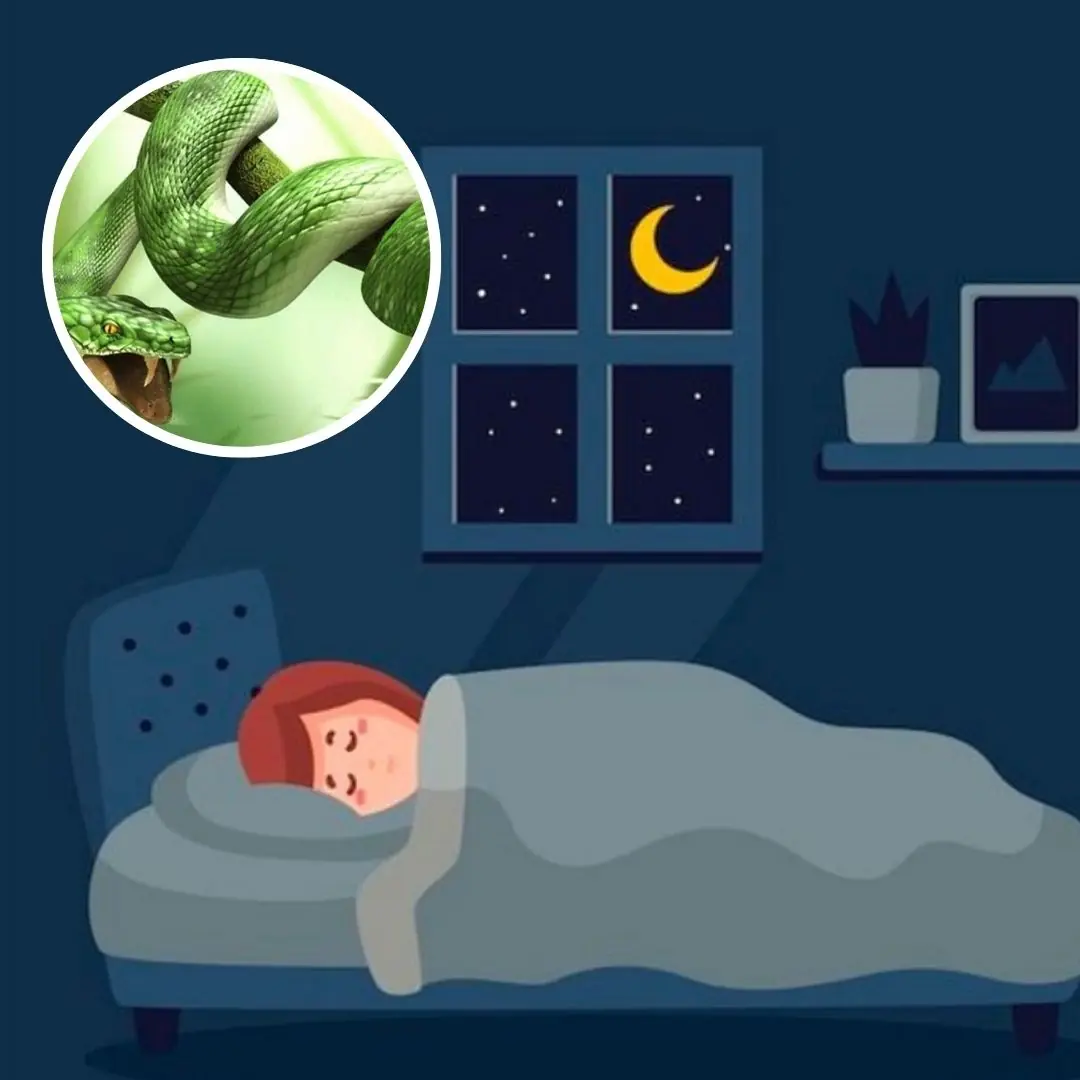
Expert in decoding dreams about snakes
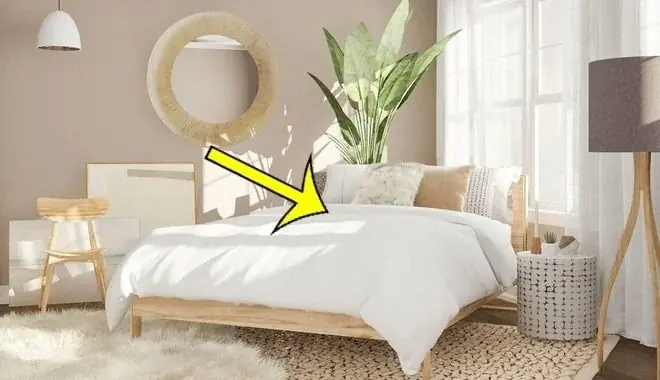
Why Do Hotels Always Choose White Bed Sheets? The Surprising Secrets Behind This Simple Choice

Dining Out? Here Are the Dishes You Should Avoid at Restaurants to Protect Your Health, Wallet, and Enjoyment

12-Year-Old Girl Invents Solar-Powered Blanket To Keep Homeless Warm, Could Save Lives!

Dog Uncovers Ancient "Treasure" During a Casual Beach Walk With Owner!
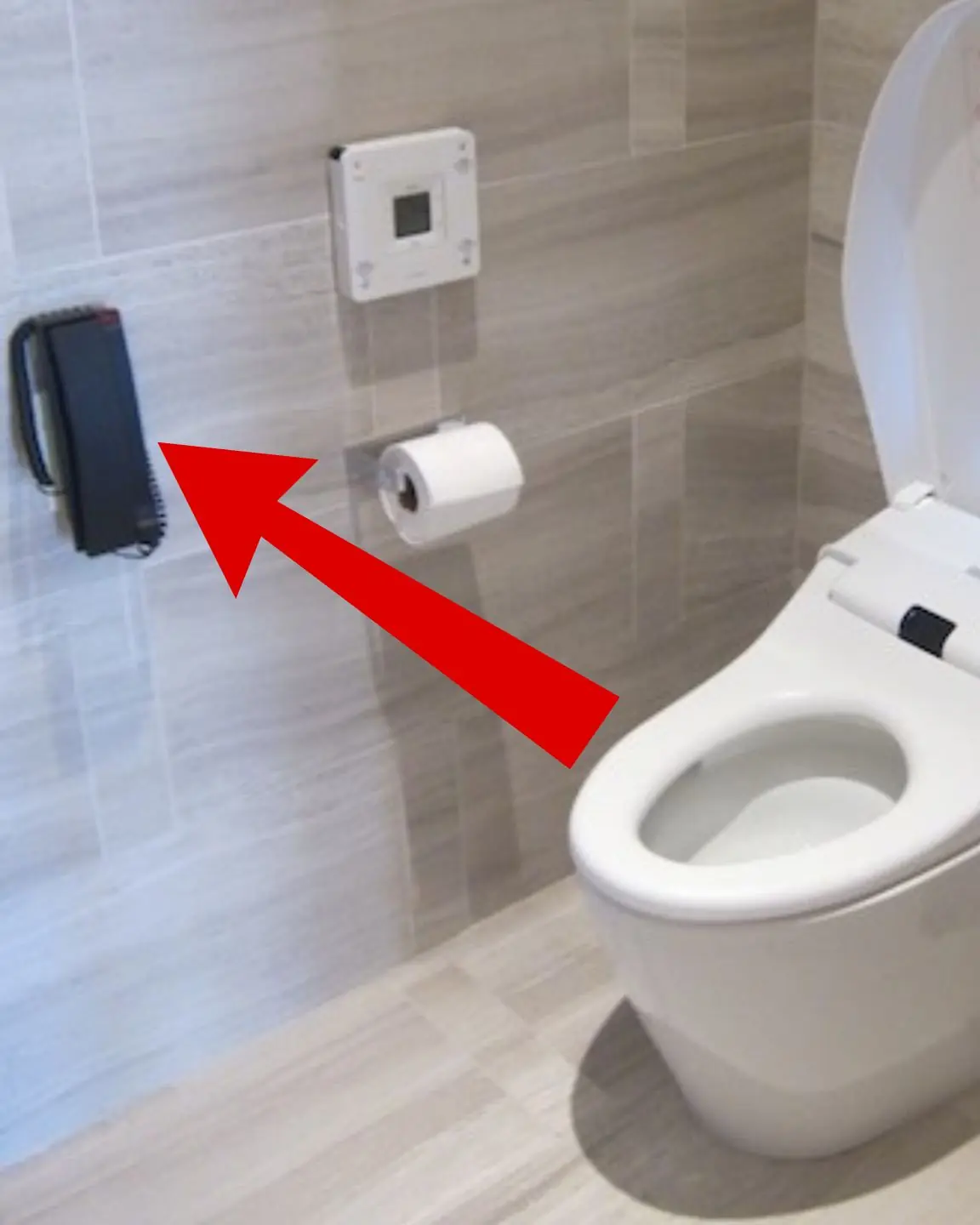
Why do hotels install phones in the bathroom?

Don’t Buy These 5 Everyday Essentials “Cheap” — The Cheaper They Are, the Shorter Your Lifespan!

Travel Hack or Ancient Wisdom? The Hidden Meaning Behind Knocking Three Times Before Entering a Hotel Room

The cr.e.e.py truth about dogs howling at night

Supermarket Employees Reveal 7 Items You Should Never Buy—Even If They’re on Sale
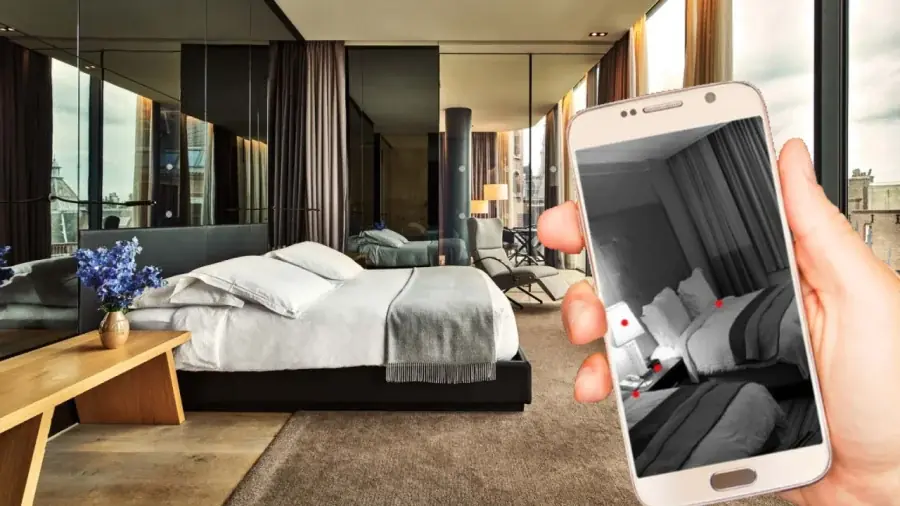
If You See These 3 Things in a Motel or Hotel Room, Don’t Hesitate—Check Out Immediately

What is their purpose in doing so?

10 Secrets You Need to Know Before Eating Okra

Scientists have found a perfectly preserved dinosaur em.bryo inside a fossilized egg

What Are the Tiny Bumps on the Rice Paddle in a Rice Cooker For?

Chicken Is Packed with Health Benefits — But Have You Ever Wondered Which Part Is the Healthiest?

Netizens are calling for people to stop eating this fish to protect coral reefs. What kind of weapon does this animal have that makes it so powerful?
News Post

Siblings Demand Inheritance After Mother’s Death, But Brother-in-Law Shows Them One File That Leaves Everyone Speechless

Add This in Your Hair Oil

More and More People Are Suffering From Cere.bral Infar.ction – Doctors Warn: Avoid These 3 Post-Meal Habits That Can Accelerate the Risk

A Sincere Warning: Always Wear Gloves When Doing These 7 Things—Or Risk Har.ming Your Health

How to Differentiate Real Coffee from Adulterated Coffee

51-Year-Old Man Shoc.ked to Discover Brain Dam.age: The “Culprit” Is 4 Favorite Dishes Many People Love

Pocket the tip to choose the 'best' dragon fruit, guaranteed to be remembered forever after just one b.it.e

Where Is the Snake Hiding?

Women Who Do These 3 Things in the Morning Tend to Accumulate Less “To.xins,” Stay Younger, and Maintain a Great Figure

Benefits of onion juice you should know

Onion Peels and Little-Known Health Benefits

The best times to drink milk

5 groups of people at high ri.s.k of liver c.a.ncer, should get checked as soon as possible

5 things you can bring home when staying overnight at a hotel: Many people don't know how wasteful it is

When going to a hotel, remember to knock on the door 3 times before entering the room: Why?

A Foul Odor in the Intimate Area Without Itching May Be a Warning Sign of a Medical Condition

20+ Early Warning Signs That Cancer Is Growing in Your Body

You Must Place Plants in These Spots at Home — The Wealthy Instantly Recognize the Meaning
